Organic cosmetics are gaining popularity in Vietnam as local residents are becoming more aware of the possible harmful effects of chemicals used in cosmetics on their health and the environment.
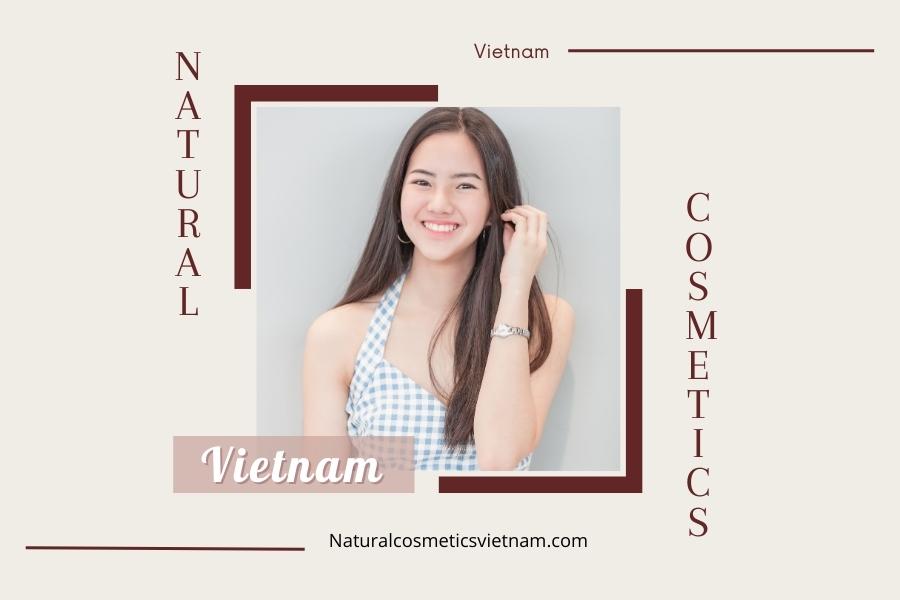
Cosmetics in Vietnam: Vietnamese women pioneer in local handmade cosmetics
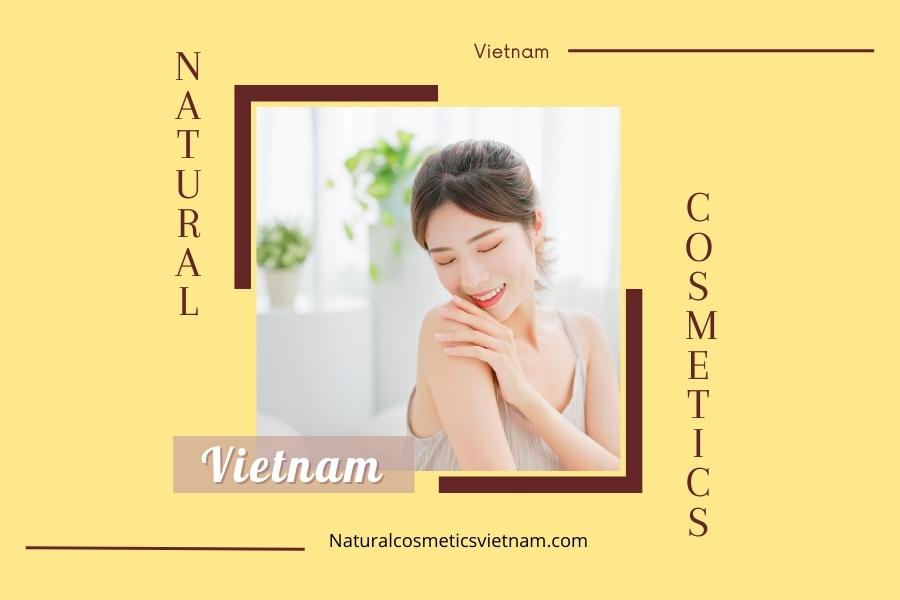
Cosmetics in Vietnam: Vietnamese women pioneer in local handmade cosmetics
Two Vietnamese women are pioneering the organic cosmetics market in Vietnam, offering women in the country handcrafted alternatives to the harmful chemicals used in big-name cosmetics.
Cosmetics and Soap Bars
When Tang Boi Quan wrapped up her day-to-day duties as a full-time administrative assistant at a Taiwanese bank in Vietnam, she returned home to pursue her true passion – an online business specializing in organic soaps and cosmetics – focusing on her own handmade products.
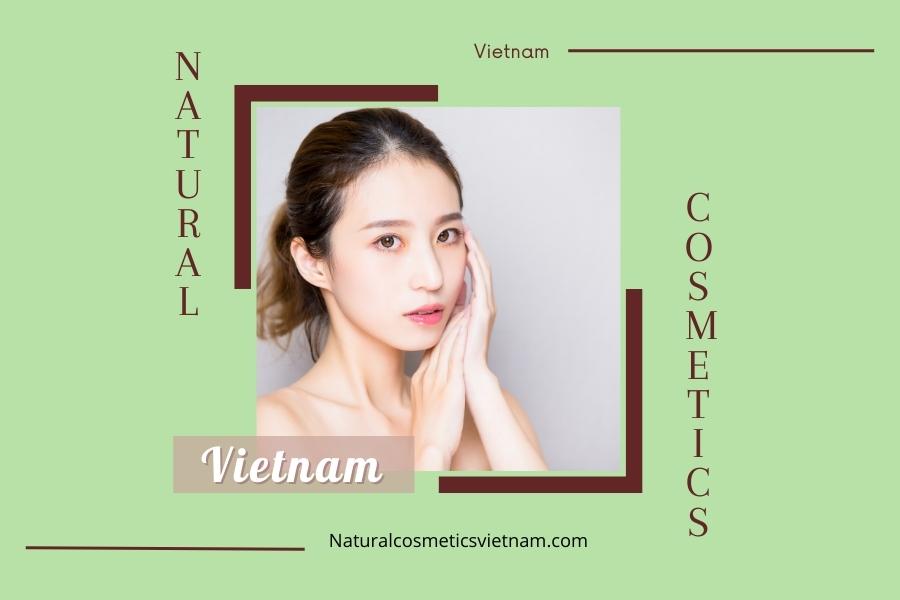
Cosmetics in Vietnam: Vietnamese women pioneer in local handmade cosmetics
Quan’s organic cosmetics are her response to the harmful chemicals used in traditional cosmetics and the high prices Vietnamese often pay for such products.
The 30-year-old entrepreneur also runs workshops to teach others how to make similar products themselves.
While she only started selling her products three years ago, Quan has been making them for her own use for much longer.
“I started with lipstick and then became passionate about making makeup,” says Quan.
“I ended up branching out into making different products, like soap bars and charcoal toothpaste.”
Quan makes sure that each of their products is made with only local, natural ingredients from Vietnam.
“Vietnam has a variety of natural oils that are good for your health, such as coconut oil, coconut oil, avocado oil, and lemongrass,” Chun explains. “The biggest challenge was finding pure oil extracts.”
Of all the products she makes, Quan says, soap is her favorite because she can get creative by decorating the bars with different colors and patterns.
“I want people to know what ‘real’ soap looks like, and I want to make it affordable,” Quan said.
According to Quan, “real soap” is made from fatty acids in vegetable oils and is a natural detergent that is not harmful to our health, skin or the environment.
The skin benefits of natural oils are also a major reason why people in Western countries, Japan and Taiwan are turning to organic cosmetics and hygiene products, according to Quan.
“Some people even use them [handmade soap bars] for their laundry because they don’t want to use chemical detergents that pollute the environment,” Quan said.
Their soap bars are cut into small pieces and cost from 35,000 VND ($1.50) to 45,000 VND ($1.90) each. Each bar typically lasts a month and is wrapped in eco-friendly paper.
Quan also encourages customers who use other items to bring containers such as wooden lip balm cases to the bank to be cleaned and refilled to minimize waste.
Every month, she takes a day out of her full-time job to hold a workshop focused on teaching others how to make the home improvement products she sells.
“My clients include many foreigners, but I really want to expand my Vietnamese client base because it is important to pay attention to local health and the environment,” Quan said.
DIY perfume

Cosmetics in Vietnam: Vietnamese women pioneer in local handmade cosmetics
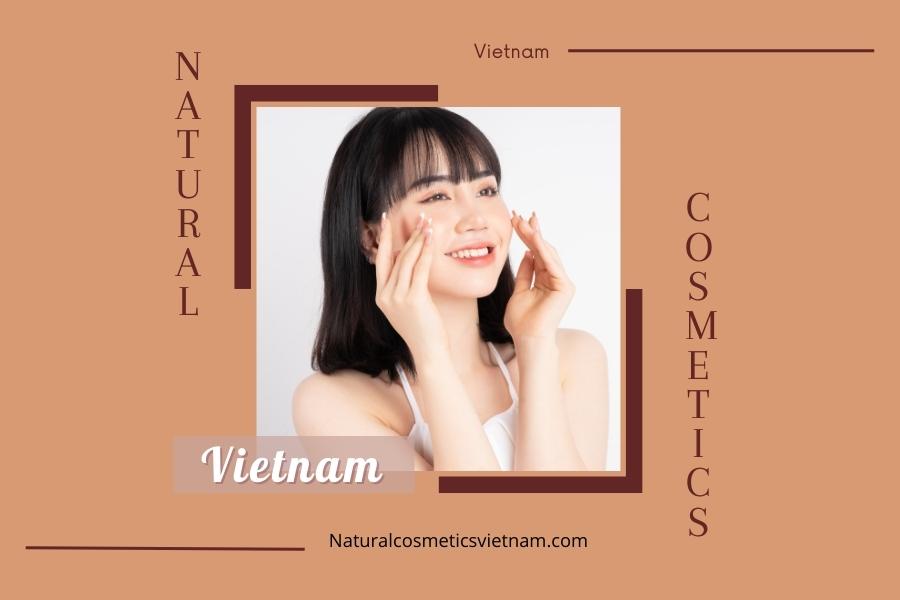
Cosmetics in Vietnam: Vietnamese women pioneer in local handmade cosmetics
Nguyen Le Quynh Nhu has a similar passion. The 25-year-old has spent the past three years building a business focused on artisanal fragrances and fragrances.
She first started experimenting with perfume mixing in her own bedroom, a hobby she did her best to keep hidden from her family.
“My father came into my room one day while he was looking for something; that’s when my family found out that I made my own perfume,” Nhu said.
“They weren’t very supportive of me because they wanted me to work in education or banking rather than start my own business.”
After graduating from an international university – Vietnam National University Ho Chi Minh City with a major in Biotechnology, Nhu worked as an English teacher and then as an assistant to a Korean company executive.
Now that she has started her own business, she not only sells organic and handcrafted scented candles and fragrances, but also runs workshops to teach others how to make eco-friendly products.
For Nhu, each fragrance has its own story, often reminding her of a person and the story that person represents.

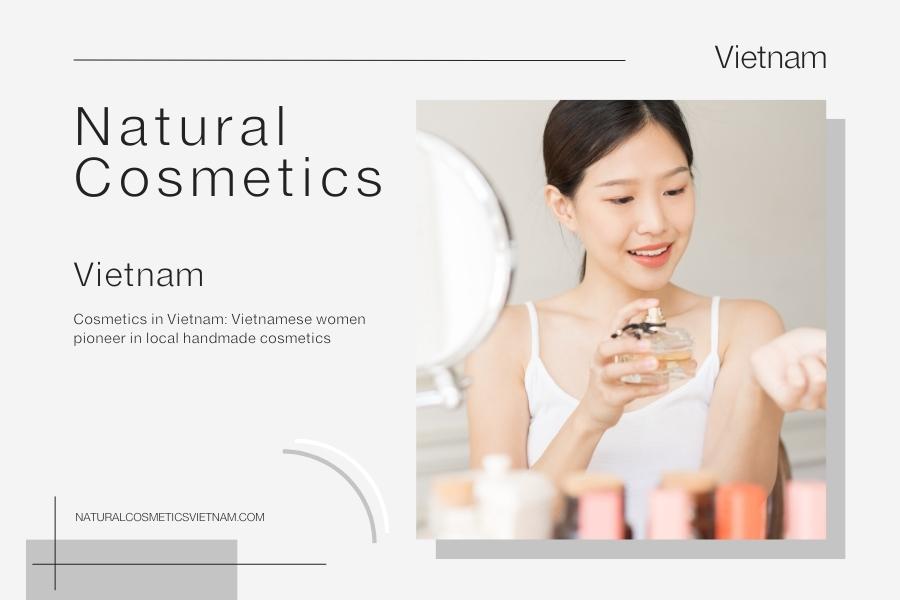









Leave a reply